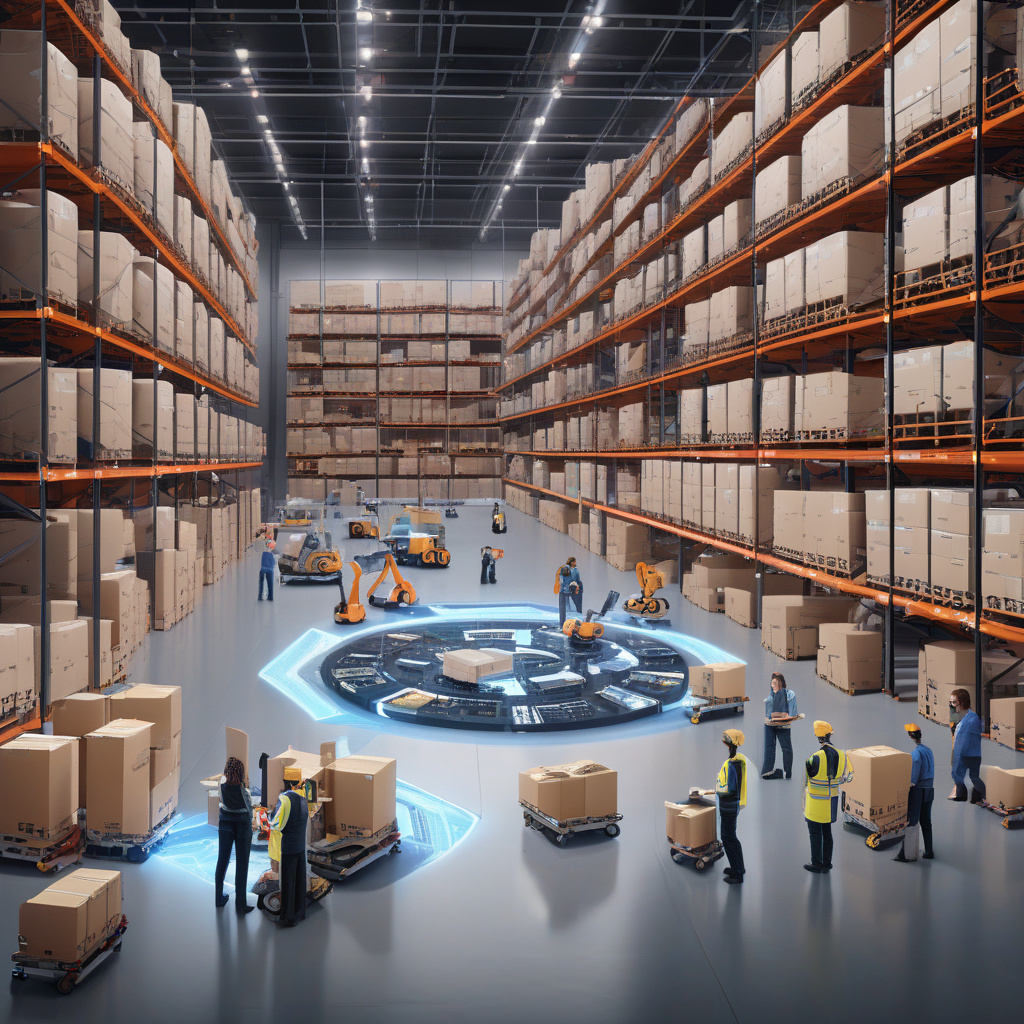Blue Yonder Unveils AI-Driven Upgrades for Resilient Logistics
In the fast-paced world of supply chain management, staying ahead of the curve is essential to ensuring operational efficiency and resilience. With the increasing complexities and challenges faced by logistics companies today, embracing advanced technologies has become more of a necessity than a luxury. Blue Yonder, a leading provider of digital supply chain and omni-channel commerce solutions, has recently taken a significant step towards revolutionizing the logistics landscape by launching an AI-enhanced Transportation Management system. This innovative solution is designed to not only boost supply chain resilience but also enhance efficiency and sustainability in the face of rising operational pressures.
The integration of artificial intelligence into Blue Yonder’s Transportation Management system marks a significant milestone in the company’s commitment to empowering businesses with cutting-edge technologies. By leveraging AI capabilities, such as machine learning algorithms and predictive analytics, the system can analyze vast amounts of data in real-time to optimize transportation operations. From route planning and carrier selection to freight consolidation and delivery scheduling, AI enables the system to make intelligent decisions that drive cost savings, improve delivery times, and reduce carbon emissions.
One of the key benefits of Blue Yonder’s AI-enhanced Transportation Management system is its ability to enhance supply chain resilience. In today’s volatile business environment, disruptions such as natural disasters, geopolitical events, or global pandemics can have a significant impact on logistics operations. By harnessing the power of AI, companies can proactively identify potential risks, simulate various scenarios, and quickly adapt their transportation strategies to mitigate disruptions. This proactive approach not only minimizes the impact of disruptions but also helps businesses build a more agile and resilient supply chain.
Efficiency is another critical factor driving the adoption of AI-driven technologies in logistics. Traditional transportation management systems often rely on predefined rules and static parameters, which can limit their adaptability to dynamic market conditions. In contrast, AI-enhanced systems continuously learn from historical data, identify patterns, and optimize decision-making processes in real-time. This dynamic optimization enables companies to streamline their transportation operations, reduce inefficiencies, and improve overall productivity.
Moreover, sustainability has emerged as a top priority for businesses seeking to align their operations with environmental goals and regulations. By optimizing transportation routes, modes, and carriers, AI-driven systems can help reduce fuel consumption, minimize carbon emissions, and lower the overall environmental impact of logistics operations. This not only benefits the planet but also enhances the brand reputation of companies as environmentally responsible organizations.
In conclusion, Blue Yonder’s launch of an AI-enhanced Transportation Management system represents a significant advancement in the realm of logistics technology. By harnessing the power of AI to drive supply chain resilience, efficiency, and sustainability, businesses can gain a competitive edge in today’s rapidly evolving market. As the demand for agile and data-driven logistics solutions continues to grow, companies that embrace AI technologies will be better equipped to navigate the challenges and seize the opportunities that lie ahead.
#BlueYonder #AI #Logistics #SupplyChain #Innovation
